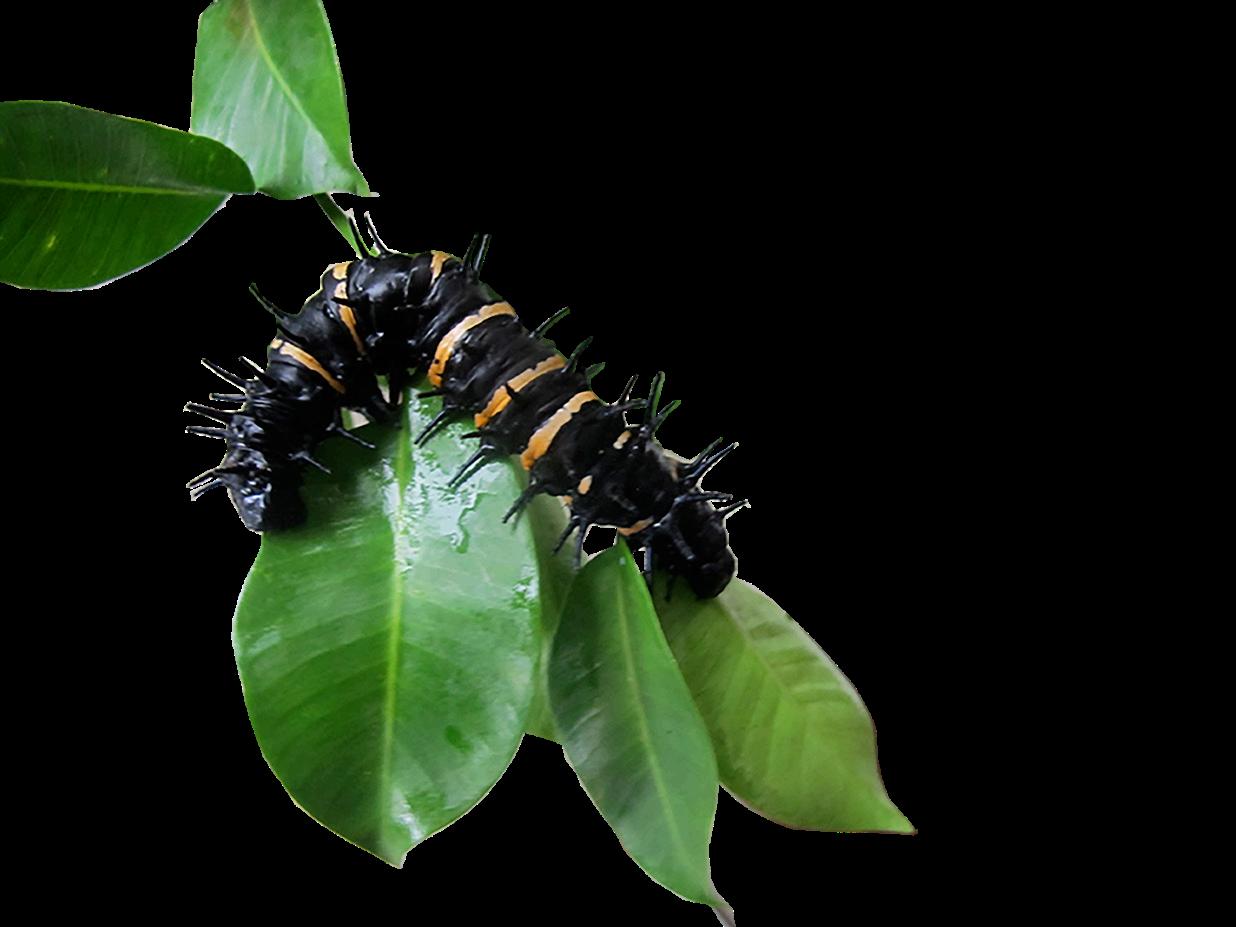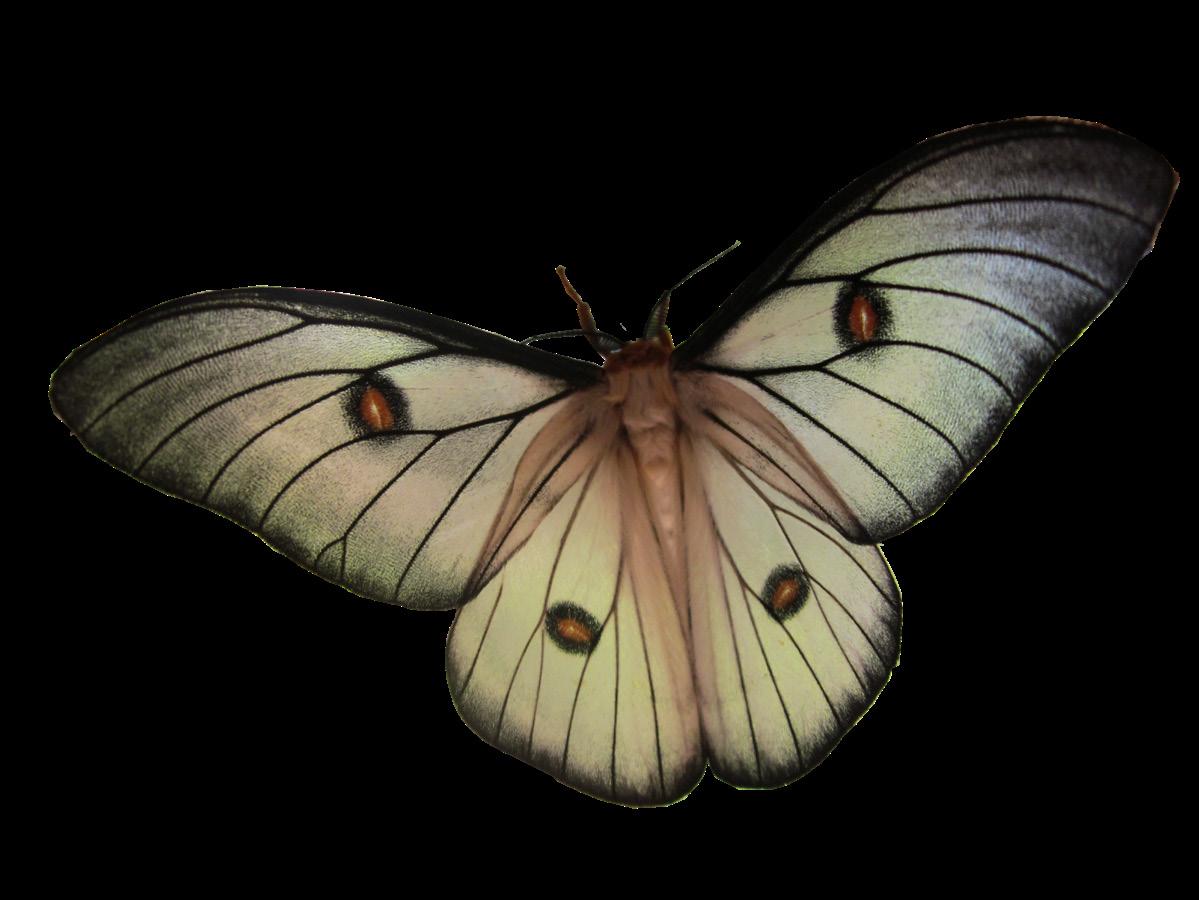
1 minute read
Madagascar's Spin on Silk
Unimaginable beauty crippled by Unimaginable poverty
Lustrous silk threads have dominated commerce and defined cultures for thousands of years. However, entomologist Catherine Craig believed the silk cocoon could be equally enticing.
Advertisement
Story and Photos by Linda N. Cortright
Machetes, money, and murder: the un-holy trinity of commerce that dominates Masoala National Forest, a protected area on Madagascar’s northeast peninsula. Amid staggering statistics of deforestation and flagrant corruption, the rosewood trade has made millionaires of a few and rendered death to many. Chinese ships filled with millions of ariary (Malagasy currency) anxiously wait at anchor while local villagers risk life and limb, transporting precious timber over granite precipices, spongy rice fields, and raging waterfalls. It is a journey that can take several days for a single log traveling to the coast. Men die during this perilous transport; drowning and falling trees are some of the risks, but vigilante justice can be equally fatal to those trying to interfere with this lucrative trade. The retail value of a container ship full of rosewood is upward of $12 million. The cutter’s pay—about seven bucks.
It’s a high stakes game of Survivor that’s been playing out for decades. The situation in Masoala is so dire that even the most audacious angels are apt to shrug their wings.
Catherine Craig is an entomologist—she knows a thing or two about wings. Known as Cay, she was originally drawn to Madagascar on a Fulbright Scholarship as an outgrowth of her studies on spider silk. Cay became enchanted, if not academically obsessed, with Antherina suraka, a wild moth indigenous to Madagascar. Over the course of fifteen years, Craig’s intellectual interests ultimately evolved into establishing the nongovernmental organization Conservation Through Poverty Alleviation International (CPALI), a tree-saving—and potentially lifesaving—project using silk cocoons.

Ceranchia larvae. Photo courtesy of Kerry O'Neill.





